The number of people that shop online has significantly increased since the pandemic, and most businesses have made the leap to become more digitalised. Therefore, it has become even more important to optimise landing pages and relevant content to rank highly in browser searches and increase clicks and conversion rates. This report will cover what SEO keywords are, the benefits and disadvantages of using keywords, how to research them and what tools to use.
What do we mean by SEO keywords?
Simply put, SEO keywords are specific words that link to a product, and direct consumers from a search to a product landing page. By using SEO keywords, companies can in effect ‘speak the same language’ as their target consumer base and appear more regularly in searches against competitors.
The benefits and disadvantages of SEO Keywords
The benefits of using SEO keywords include:
- Hitting the right target audiences
- By using keywords relevant to the product being advertised, consumers that make a search using those relevant keywords will be presented with the product adverts and links which will lead them to the product landing pages. For example, if the product in question was a blue hat, using keywords such as “blue hat” will ensure that consumers searching for those terms will see the product, therefore enabling companies to hit the correct target audiences.
- Time-efficiency
- Keyword research can be extremely time-effective if companies gather all the keywords relevant to the product and will enable sales within that market. These keywords can be reused and can save time from researching new words each time a variation of the product is launched. Keyword optimisation will also save time from companies having to promote products manually. Keyword SEO works automatically when a consumer makes a search, leaving more time for companies to work on other marketing fields.
- Get valuable consumer insight
- Keyword research will go hand in hand with research on the companies’ relevant target audience. By understanding consumer behaviours and trends, companies can choose relevant keywords that consumers will be searching for. This not only will benefit the keyword optimisation but will also give companies valuable consumer insight.
- Provides great listings on browser searches
- By choosing keywords that competitors use, companies can remain competitive whilst obtaining great listings on browsers such as google. By using specific keywords that describe the product better, the competition will be lower but there will be a higher chance of being listed on google. For example, instead of using “baseball cap”, using keywords such as “blue suede baseball cap” will have a higher success rate.
- Competition analysis
- Competition analysis is very important for companies wanting to use keywords for SEO. To do competition analysis, companies will need to check the trustworthiness of companies that rank highly for the relevant keywords. By doing this, companies will be able to assess the worthiness of the niche they are embarking in.
SEO keywords can come with some disadvantages which include:
- There is a risk of over-stuffing keywords
- The risk of overusing keywords is high. If companies establish a set of keywords that perform highly for the product, there is temptation to include the keyword too much in the product description. This will ultimately lead to a keyword penalty and reduce the number of times they appear in the search.
- Risk of optimising purely for search engines
- There is a risk of companies over optimising their websites to rank highly on search engines, however this can lead to the user experience being compromised. If this is the case, consumers will likely have a high bounce rate from the site, leading to high clicks and low conversions.
- There can be tunnel vision on keywords
- There is a tendency for companies to get extremely hung-up on keyword research and rankings. The disadvantage that comes with this can be a loss in organic traffic, overall visibility and the traffic quality on the website.
How to research SEO Keywords
Researching SEO keywords is extremely important to understand what types of things consumers are making web searches for when looking for a particular product. If a company has bided on key words that are being searched for, then the company are more likely to make an appearance.
When choosing to bid on keywords, companies should take into consideration what keywords their competitors are bidding for. By understanding which keywords are being used by competitors, companies can bid higher, with the intent of remaining more visible to the consumer when keyword searches are made.
Negative keywords
When researching which keywords to use, companies should consider the use of negative keywords. A negative keyword will block the advert from appearing in front of the consumer when the search is not relevant. For example, if a dress making company only made black dresses, a negative keyword to use would be ‘blue dresses’ as the search would not be relevant to the product. This is beneficial as it will leave more opportunity to become visible on relevant searches and will save money on wasted clicks.
Predicting consumer intent
Knowing or being able to predict what the consumers intent is when making a product search can play a large part in choosing which keywords a company should invest in. For example, if the intent of the consumer is to purchase a dress for a specific occasion such as a dinner party, bidding on keywords such as ‘dinner party dress’ will automatically rank the companies advert higher than competitors that did not bid on the same keywords.
Therefore, when companies researching keywords, watching competitor actions, understanding the target audience’s needs, and bidding on the best performing keywords will usually lead to more impressions and conversions.
Why do we use keywords?
The importance of keywords is paramount to a company’s success when engaging in SEO. However, it begs the question of why. Aside from developing a database of keywords that obtain a high success rate to boost visibility, companies can do regular assessments of the success of the keywords being used.
Using the correct keywords will not only enhance website traffic and conversion rates, but also will enable companies to measure their potential traffic flows. By doing analysis of popular keywords, marketers can assess the extent of their potential target market and take measures to ensure that traffic navigates towards their site. Furthermore, by understanding consumer behaviour and the keyword journey, companies can further understand what their consumers needs truly are.
By understanding both elements, marketers can then undergo writing attention-grabbing content that will draw in the attention of the consumer. By integrating the optimised keywords that hit the pain-points of the consumer into the body of the text, search engine visibility will be significantly improved and drive traffic to the landing page.
Tools to use for keyword research
There are many tools that businesses can use to find which keywords are performing well and to choose which keywords to bid on. One example of a keyword tool is SEMrush. This platform allows users to make searches for keywords and the algorithms will regurgitate which keywords are being searched for regularly and are top performers. Using tools such as these will make the adverts visible to consumers and will ultimately direct them to the relevant landing pages.
In BOSCO™ Pro, you can explore which keywords in your category set are performing well and any that you may be missing out on compared to your closest competitors. Connect your internal marketing data to forecast where to spend budgets in both new and existing channels for maximum efficiency. Book a demo to find out how BOSCO™ can help your business.




